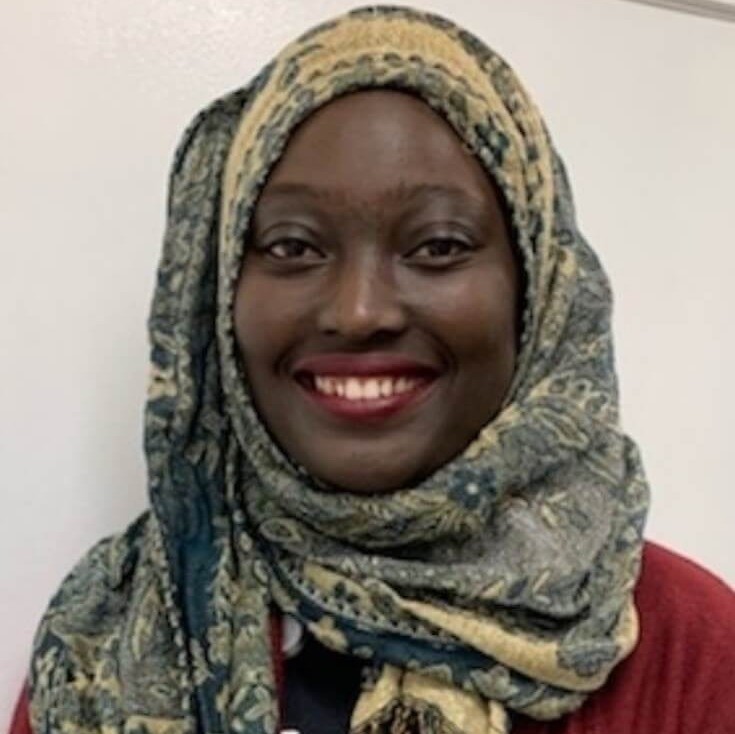What is your educational background?
I guess you can say that my educational background is science heavy. I got my Bachelor of Science in Biology and Mathematics from the University of Missouri Columbia. My Master and PhD degrees were obtained from Miami University. My Master’s was in Zoology and PhD in Cell Molecular and Structural Biology with an emphasis on neuroscience.
What is your current occupation?
I am currently a post-doctoral fellow at the University of Virginia. My research focuses on understanding how cells of the innate immune system affect neuronal activity and cognition.
What or who got you into STEM?
This is a hard question! As far as I can remember I have been in STEM. It could very well be because I have always shown an aptitude to the field, or because my father was trained as a physicist.
What is the biggest challenge/barrier you have faced as an African in STEM?
Finding my place in the fray so to speak.For me, it has always been hard to find people who look like me in my studies.I remember in my undergraduate advance math classes, I was often the only black person or only black woman. Later on as a graduate student and as a postdoc, I find that if I run into any problem, it is hard for me to find someone to reach out to. Don’t get me wrong, I have been fortunate to have great mentors throughout my career; many come to mind as I write this. But it would have been so helpful to have someone who has had similar experiences to mine to tap when needed. As such, I always feel as if I am a little apart from everyone. I have gotten used to the feeling now. I have found ways to resolve problems that I encounter and have found ways to incorporate into and participate in each community I join.
How do you think your background/upbringing has been beneficial in your journey/career?
It is hard to choose an answer to this question. I believe that many of the norms that I learned growing up have helped me so much in my career. For example, the idea of giving 100% to the work you are doing. I honestly believe my success thus far as a scientist is due to the perseverance and work ethic that has been instilled in me. Ideas like finishing what you start or that things getting harder just means you try harder rather than quitting are principles that have been instilled in me since I was a kid. However, the most beneficial thing in my journey has been my belief. I know it is corny, but I cannot recount how many times my mother would say ‘oh well it did not work because God did not think it best for us. On to the next thing’ :). As a scientist, you become an expert in failure. I swear it feels like 95% of all our experiments fail. Many of our hypothesis go by the way side. So embodying the idea embedded in my mother’s words had really made it possible not to dwell on my failures.
How do you think we can start to change the narrative surrounding African contributions
to global STEM research & careers?
I think highlighting the contribution of African scientists is a great first step. Starting to educate the younger generation on the contribution of Africans to the development of STEM field will greatly improve how the STEM community views us. Unfortunately, we ourselves do not know much of the contribution our forefathers have made to science in general.
What advice would you like to give to young, aspiring Africans in STEM?
Our brains were given to us to understand the cosmos. So don’t let negativity and lack of resources deter you from your dream. In science, you are limited by your creativity. So dream big and dream wild!




